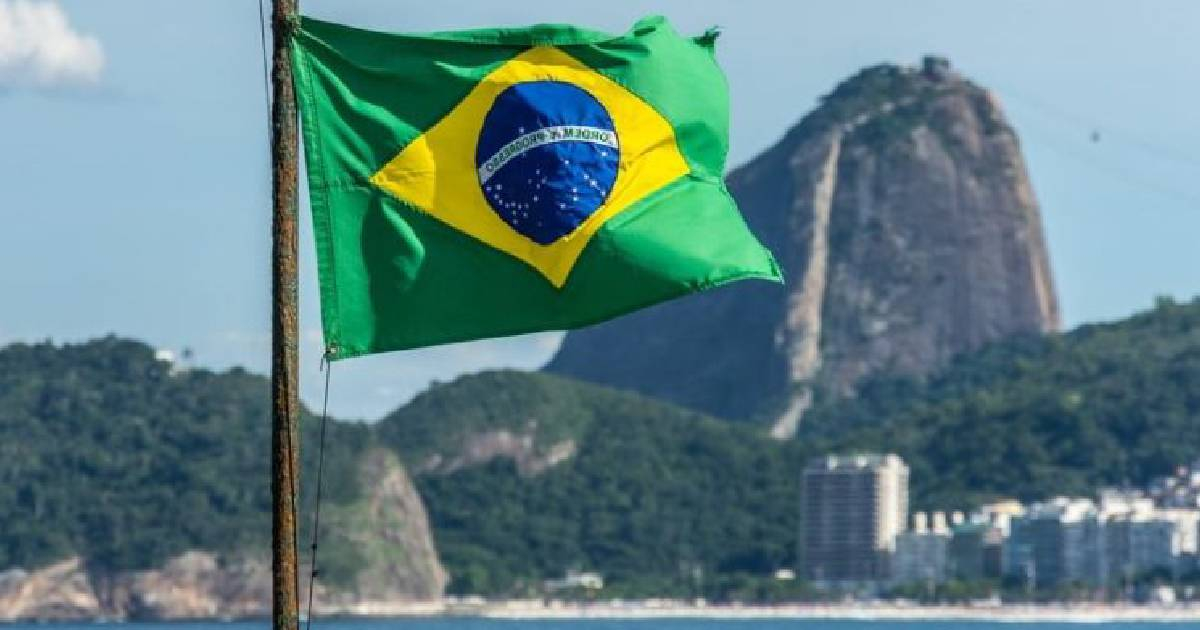The Brazilian government has implemented new restrictions on the entry of migrants who lack the required visa or a plane ticket to a destination country. This decision comes as Brazil does not require an airport transit visa, aiming to curb the influx of individuals seeking asylum. The measure, which took effect on Monday, August 26, was reported by TV Globo, which gained exclusive access to a Federal Police report.
The document reveals that Brazil has recently been accused of being a route for criminal organizations involved in human trafficking. Jean Uema, the National Secretary of Justice, clarified that asylum seekers in Brazil must prove they are being persecuted in their home countries to be allowed entry. According to Uema, inadmissibility is a mechanism outlined in Brazilian immigration law that does not violate international guarantees to which Brazil has committed in terms of asylum.
New Immigration Policy Details
The mandate from the Ministry of Justice and Public Security states that migrants who have purchased a ticket to another safe country but made a stopover in Brazil due to flight connections must continue their journey. Brazilian authorities believe that if a migrant bought a ticket to another country, they do not intend to stay in Brazil by seeking asylum. Importantly, this measure only applies to immigrants from countries where Brazil requires a visa and not to those from countries exempt from this requirement.
Statistics indicate that most asylum seekers in Brazil come from Southeast Asia and African countries, aiming to enter the United States and Canada illegally. Specifically, 70% of asylum requests are from citizens of Nepal, Vietnam, and India. Additionally, a document accessed by the AP agency states that Brazil's Federal Police received 9,082 asylum requests by July 15 of this year. This figure surpasses the total for 2023 and is the highest in a decade, according to available data.
However, not all requests remain active in the National Migration Registry System. Currently, only 117 requests are active, representing 1.41%. Most applicants have either left the country or are staying illegally. Until Monday, Brazil's immigration law was more favorable to asylum seekers, granting them a status that allowed access to work, healthcare, and other rights while their applications were processed—a period that could take years but did not leave refugees unprotected.
This situation, combined with economic, legal, and practical factors, also attracts Cubans who decide to leave the island amidst its economic crisis. There are multiple entry routes to Brazil for Cubans, one of the most common being through neighboring Guyana.
A Cuban woman who recently made the journey with her pregnant sister, her child, her mother, and her father shared images of the trip, including a wooden figurine of the Virgin of Charity of Cobre.
Understanding Brazil's New Asylum Policy
To provide a deeper understanding of Brazil's recent changes to its asylum policy, here are some frequently asked questions and their answers.
Why has Brazil tightened its entry requirements for migrants?
Brazil has tightened its entry requirements to curb the influx of individuals seeking asylum and to prevent the country from being used as a route by criminal organizations involved in human trafficking.
Who is affected by the new immigration policy in Brazil?
The new policy affects migrants from countries where Brazil requires a visa. Migrants from visa-exempt countries are not subject to this measure.
What must asylum seekers in Brazil prove to be granted entry?
Asylum seekers in Brazil must demonstrate that they are being persecuted in their home countries to be granted entry.
What happens to migrants who make a stopover in Brazil but have a ticket to another country?
Migrants who have a ticket to another safe country and make a stopover in Brazil due to flight connections must continue their journey to their final destination.
